

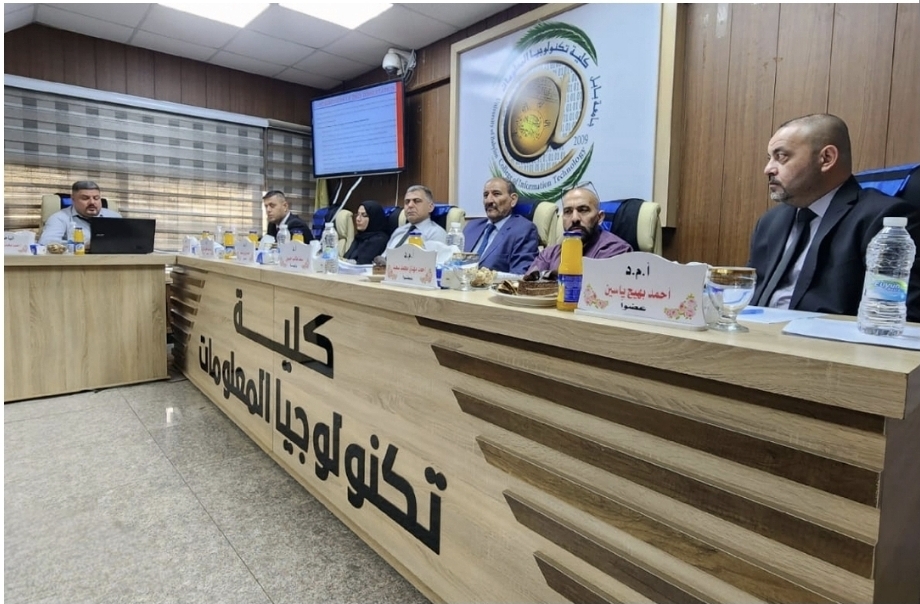
College of Information Technology, University of Babylon discussed a Ph.D. thesis on energy-aware predictions and processing methods to reduce the cost of communication in Internet of Things networks by the postgraduate student, Mr. Ahmed Mohamed Hussein.
The thesis reviewed that it is important to deploy a large number of sensors in order to detect changes and risks and mitigate them, as the sensors work to transfer and collect data from the Internet in order to process it.
The thesis highlighted several levels, including the sensor node (SN) level and the second fog gate level that the (SN) level includes four methods for predicting and processing data, which are energy-saving methods to reduce redundant data, in addition to saving energy, as well as maintaining the quality of data received from the network.
The thesis also reviewed first approach used energy-efficient distributed data reduction (DEDaR), autoregressive (AR) prediction and Huffman compression methods.
The thesis demonstrated the second approach used a mechanism based on distributed compression (DiPCoM), prediction (ARIMA) and compression methods.
The thesis also highlighted the third technique used Integrated Data Prediction and Compression (IDaPCoT) techniques, using AR prediction and compression (LZW) techniques.
The thesis concluded with fourth approach used energy-efficient data reduction-based prediction and encryption (EDaRePE) by using ARIMA prediction and Huffman compression methods. All SN-level methods have used piecewise constant approximation (APCA) and symbolic aggregation approximation (SAX) techniques for data reduction.
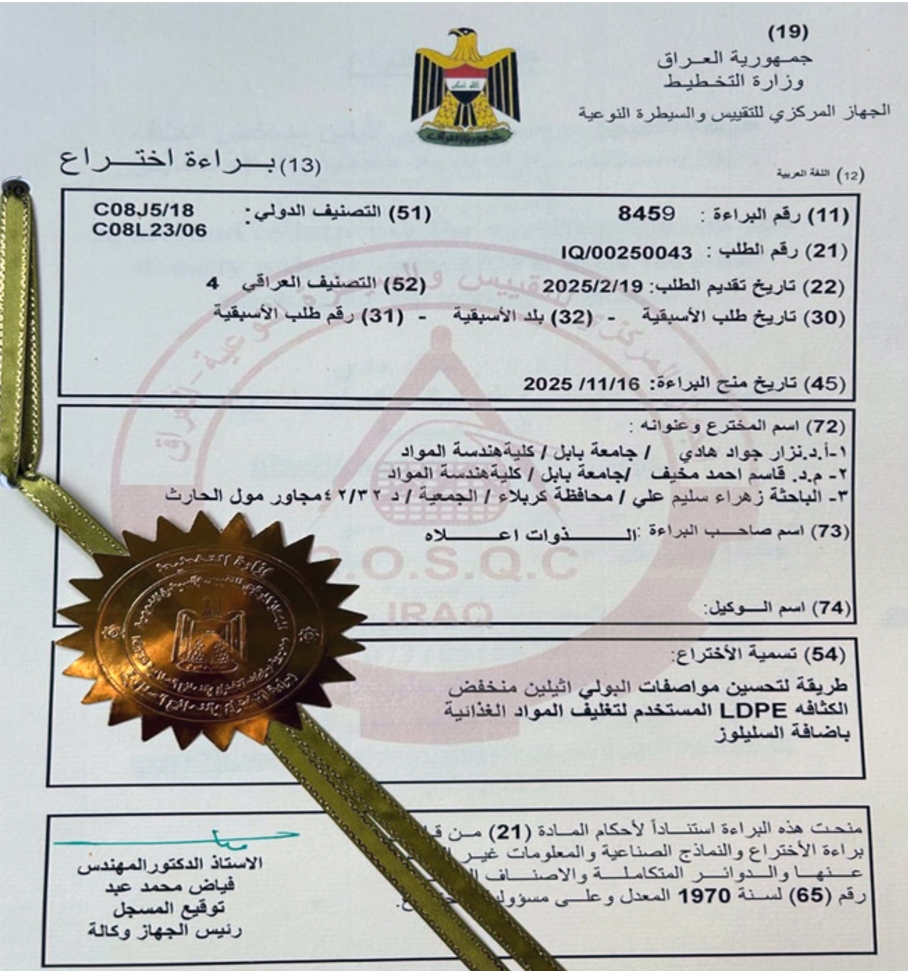
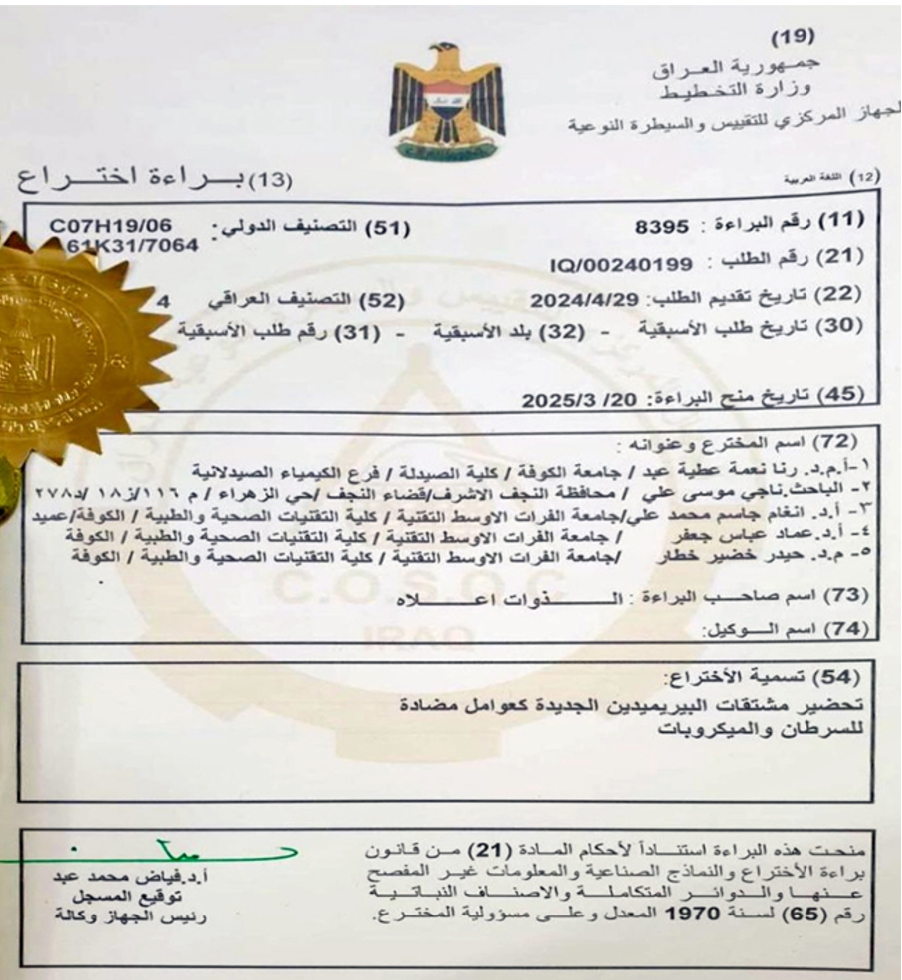
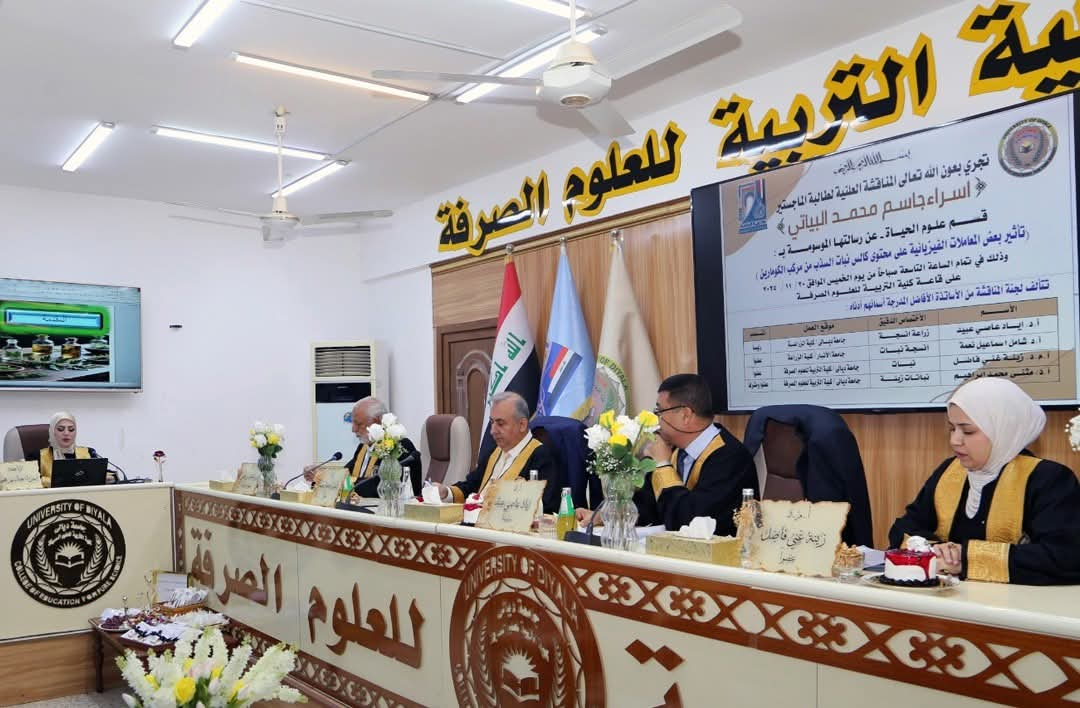
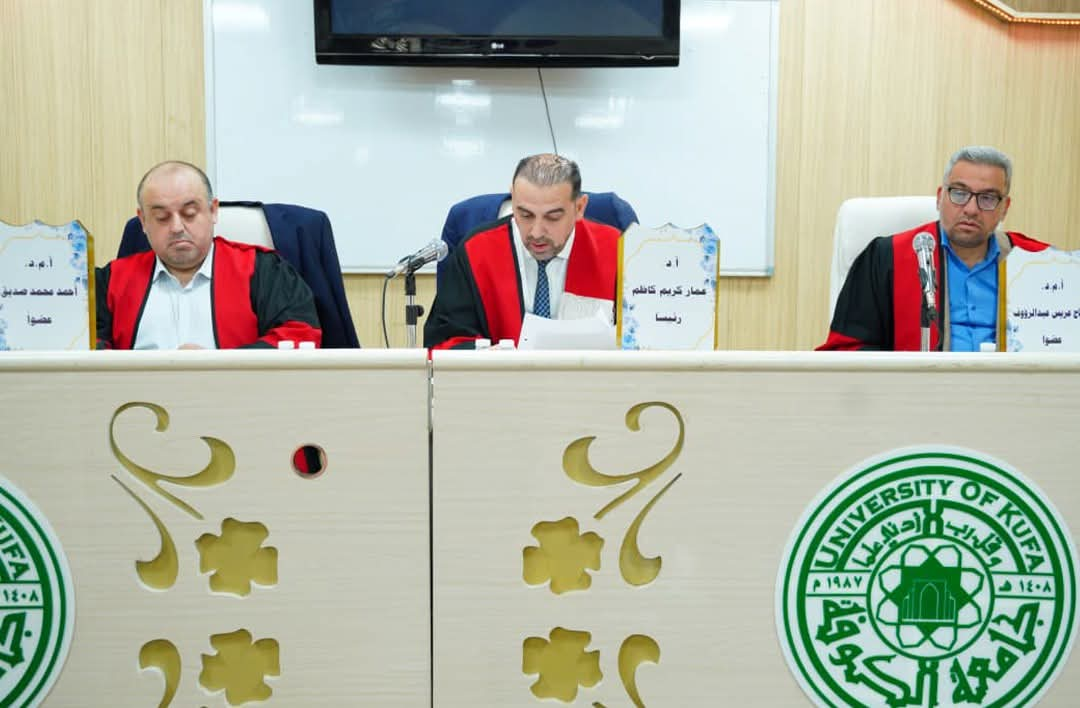
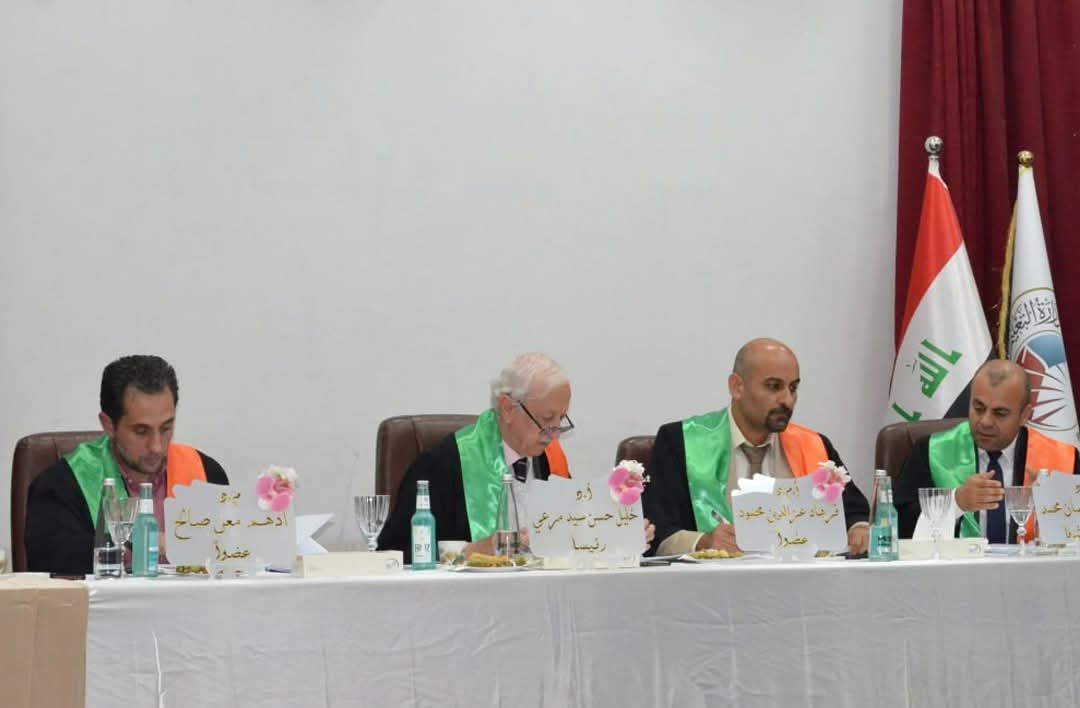
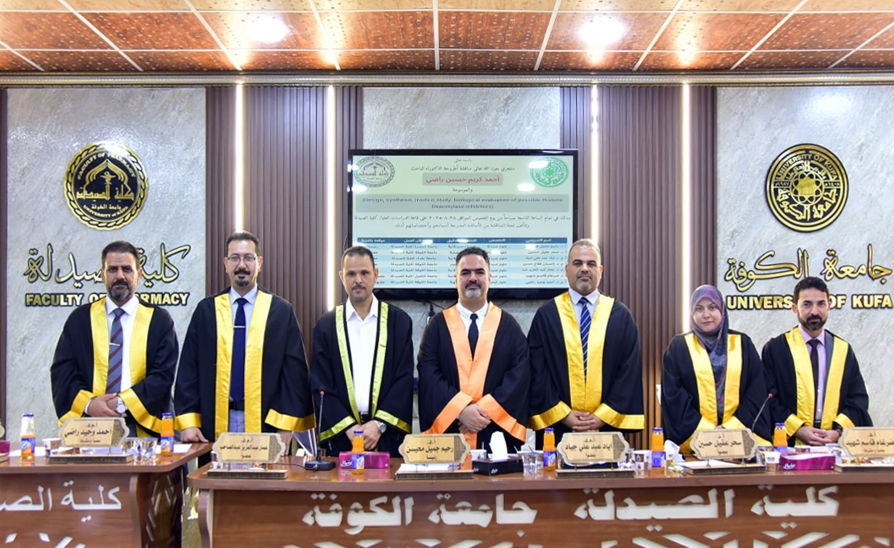
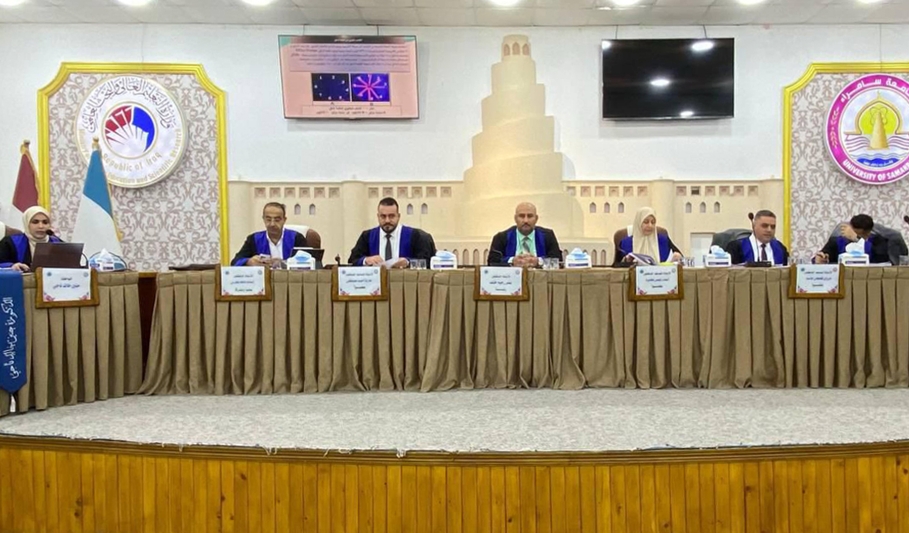
Contact us for any inquiries about the services provided by the Ministry of Higher Education and Scientific Research